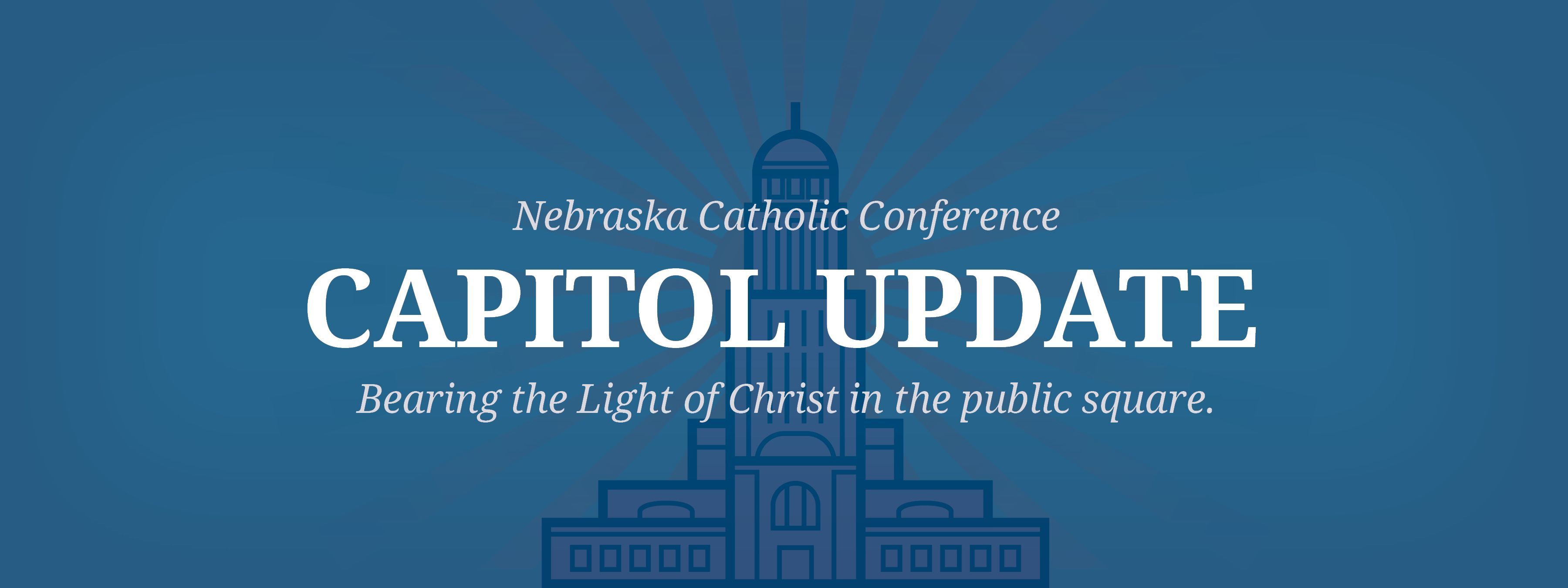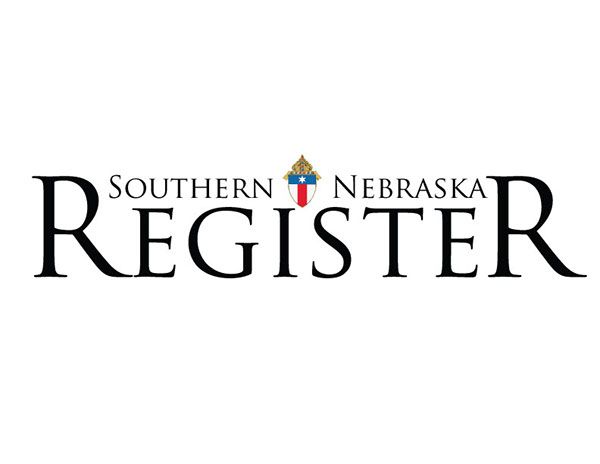“For freedom Christ has set us free” (Galatians 5:1).
I have always found this passage of Scripture simple, yet profound and beautiful. Yet, the words seem redundant. After all, what else are you set free for other than for freedom?
Without attempting a Bible study of this passage, I wanted to use it as a preface for important religious freedom legislation that was recently passed and signed into law. This legislation is a reminder of the freedom that we have in Christ, a freedom to love Him and to love our neighbor as ourselves. But let me explain why this is the case.
Just over a week ago, Senator Tom Brewer’s (Gordon) First Freedom Act was passed by the Nebraska Legislature with strong support (31 votes in favor, and no vote against). Soon after, Governor Jim Pillen signed the First Freedom Act into law. These two events mark an important milestone for “our first, most cherished liberty,” as the U.S. Conference of Catholic Bishops calls religious freedom.
But what does it do?
The First Freedom Act provides robust protections for a religious liberty against state or local governmental entities. Unfortunately, prior to the First Freedom Act, it was difficult to win on a religious liberty violation against state or local government. The bar was low for the government to demonstrate that their law was not in violation of religious freedom. But that will now change with the First Freedom Act.
The bar will be set higher, giving persons and institutions increased legal protection where they experience a violation of their religious freedom.
But how is this the case?
The First Freedom Act puts into law what is called the “compelling interest test.” If a person or institution claims that their “sincerely held religious belief” was violated, then the government has to show 1) that it had a “compelling interest” in the law that is burdening religious liberty and 2) that it “narrowly tailored” that law to accommodate for religious belief.
An example to help give meaning to this legalese. Imagine a social service agency that helps provide meals to the poor at a local city park.
The mayor and the city council decide they don’t like this activity. So, the city council passes a law that forces entities to discontinue the distribution of food. The rationale for the new law is to protect the city’s image in a part of town that attracts tourists. The park, after all, is in a nice part of town, and the distribution of food is attracting too many poor people.
The social service agency, with the help of a First Freedom Act, can state that this food-sharing ban burdens their religious exercise, which includes providing food to the hungry. In court, the city is required to explain its “compelling interest” in their food-sharing ban and how that law was “narrowly tailored” to address the religious liberty concerns of the social service agency.
In this situation, protecting tourism is likely not a “compelling governmental interest.” Additionally, the city council failed to provide any level of accommodations for religious organizations wanting to exercise their religious freedom to serve the poor. The city council could have passed their law and accommodated for religious exercise of social service agencies wanting to serve the poor.
In short, the social service agency would likely win in court under this type of a scenario.
In fact, in real life, this is what happened to a social service agency in Philadelphia in 2012 and a religious liberty law like the First Freedom Act protected their work of mercy to feed the poor.
For one more example, you might recall that the Little Sisters of the Poor were protected against the contraceptive mandate in Obamacare because of a federal religious liberty law.
The First Freedom Act that is now law in Nebraska is going to have an important future in our state. It will stand as a clear protection for religious liberty, and send the signal to governmental entities throughout Nebraska that we value religious freedom and it cannot be infringed upon.
It will not only help Catholics in their exercise of religion, but these laws have a strong track record of protecting minority religions that government actors often give little attention to. When all religious liberty practices are protected, we are all stronger. And we pray that the exercise of all religion will ultimately lead those who believe to find God in the Most Blessed Trinity.
Join me in a prayer of thanksgiving for this critical religious freedom law. Thank God for the governmental leaders who helped make it happen. And pray for those who will need it when the inevitable situation arises where government seeks to infringe on religious freedom.
And don’t forget: “For freedom, Christ has set us free.”







